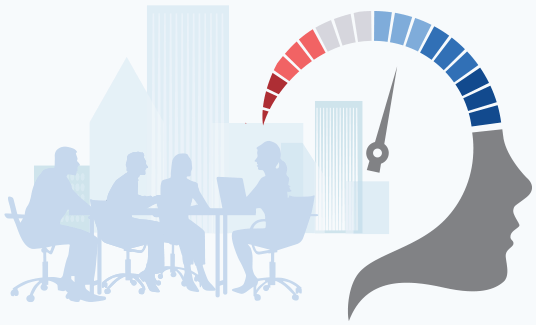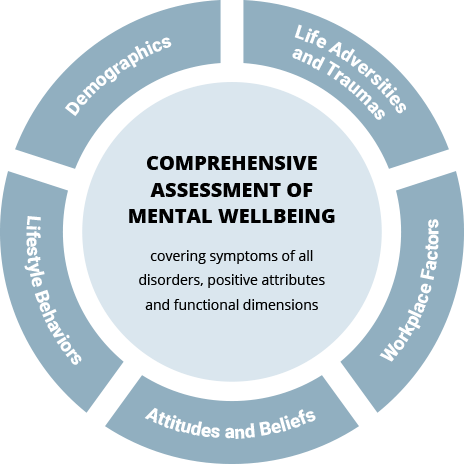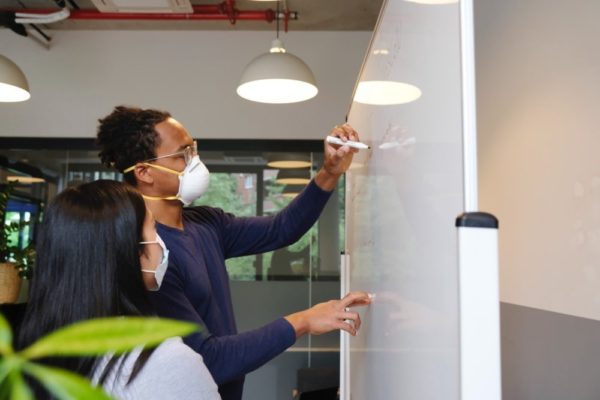WorkforceMHQ
 Measure the Mental Wellbeing of your Workforce so that you can manage it more strategically and effectively for better engagement, productivity and retention.
Measure the Mental Wellbeing of your Workforce so that you can manage it more strategically and effectively for better engagement, productivity and retention.
HOW WELL DO YOU KNOW THE MENTAL WELLBEING OF YOUR WORKFORCE?
How burned out is your workforce?
How resilient are they?
How is their drive and motivation?
What are key risk areas?
Are your wellness programs moving the needle?
LEARN THIS AND MORE WITH THE WORKFORCE.MHQ SO THAT YOU CAN BE MORE STRATEGIC AND EFFECTIVE.
WHAT’S IN THE WORKFORCEMHQ?
FOR THE EMPLOYEE
- A comprehensive assessment of mental functioning that takes only 12 mins.
- A tailored report on their mental wellbeing on completion of the assessment promoting high completion rates.
- Privacy safeguards/guaranteed anonymity of the employee to promote honest answers.
FOR THE EMPLOYER
A Mental State of the Company Report that includes
- Measurable mental wellbeing metrics benchmarked to the global or national population and segmented by demographics, job roles and locations.
- Insights into key life and workplace drivers of mental wellbeing risks for each workforce segment.
- A neutral/unbiased report that is not tied to any paid intervention platform.
THE WORKFORCEMHQ: A Comprehensive Whole Person Assessment of Mental Wellbeing
Aggregate Mental Wellbeing Score
- Mental Health Quotient (MHQ)
Dimensional Scores
- Mood and Outlook
- Cognition
- Drive and Motivation
- Adaptability & Resilience
- Social Self
- Mind-Body Connection
Workplace Indices
- Burnout Index
- Resilience Index
Key Drivers of Mental Wellbeing Challenges
- Lifestyle Risks
- Workplace Risks
- Attitude and Belief Risks
Illustrative Case Studies
Get a deeper view into the type of insights and opportunities that you can get from the WorkforceMHQ.








